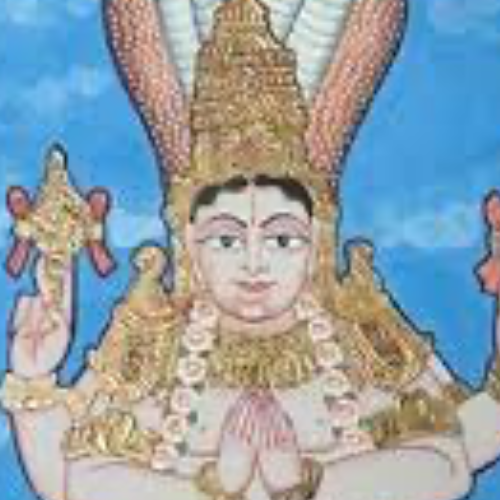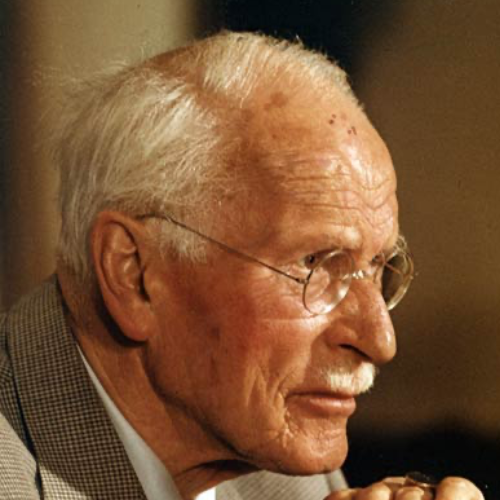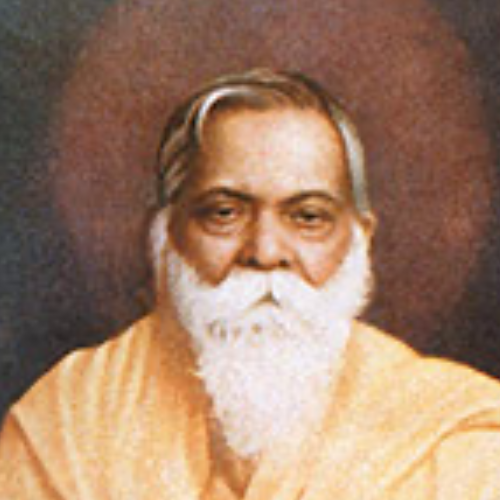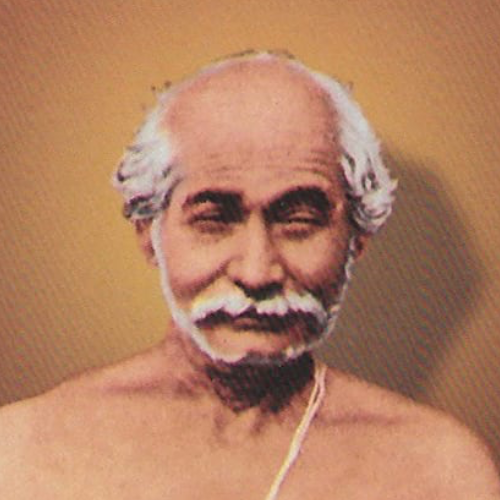Everything is sorrow for the wise.
Yoga is the cessation of mind.
Yoga is mind wave quieting.
The longest journey begins with a single step.
Chanting is one of the most traditional and first Yoga practices. It helps to open the throat area and is a great way to learn some Sanskrit and the Yoga Sutra.
Sloth is the great enemy -- the inspirer of cowardice, irresolution, self-pitying grief, and trivial, hairsplitting doubts. Sloth may also be a psychological cause of sickness. It is tempting to relax from our duties, take refuge in ill-health and hide under a nice warm blanket.
A mind free from all disturbances is Yoga.
Yoga is the practice of quieting the mind.
If you can control the rising of the mind into ripples, you will experience Yoga.
Sexual activity, and the thoughts and fantasies of sex, use up a great portion of our vital force. When that force is conserved through abstinence, it becomes sublimated as spiritual energy.
Just as the pure crystal takes color from the object which is nearest to it, so the mind, when it is cleared of thought-waves, achieves sameness or identity with the object of its concentration.
It is not enough to have intuitions; we must act on them; we must live them.
When you are steadfast in your abstention of thoughts of harm directed toward yourself and others, all living creatures will cease to feel fear in your presence.
Asanas bring perfection in body, beauty in form, grace, strength, compactness, and the hardness and brilliance of a diamond.
Aversion is a form of bondage. We are tied to what we hate or fear. That is why, in our lives, the same problem, the same danger or difficulty, will present itself over and over again in various prospects, as long as we continue to resist or run away from it instead of examining it and solving it.
Yoga takes you into the present moment, the only place where life exists.
For those who have an intense urge for Spirit and wisdom, it sits near them, waiting.
The way to eliminate ignorance is through steady, focused discrimination between the observer and the world.
Yoga is a practical method for making one's life purposeful, useful and noble.
In deep meditation the flow of concentration is continuous like the flow of oil.
When you are inspired by some great purpose, some extraordinary project, all your thoughts break their bonds; your mind transcends limitations; your conscious expands in every direction; and you find yourself in a great, new and wonderful world.
The activities of the liberated soul transcend the pairs of opposites.
The obstacles that distract thought are disease, apathy, doubt, carelessness, indolence, dissipation, false vision, failure to attain a firm basis in yoga, and restlessness.









